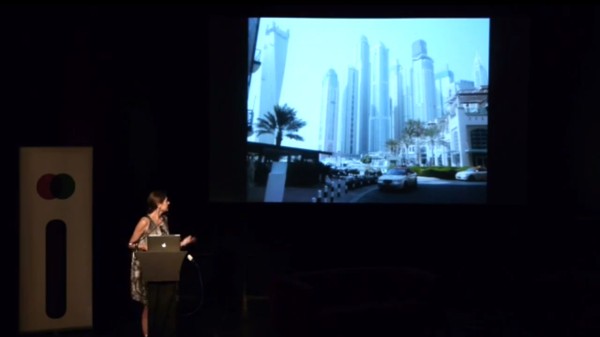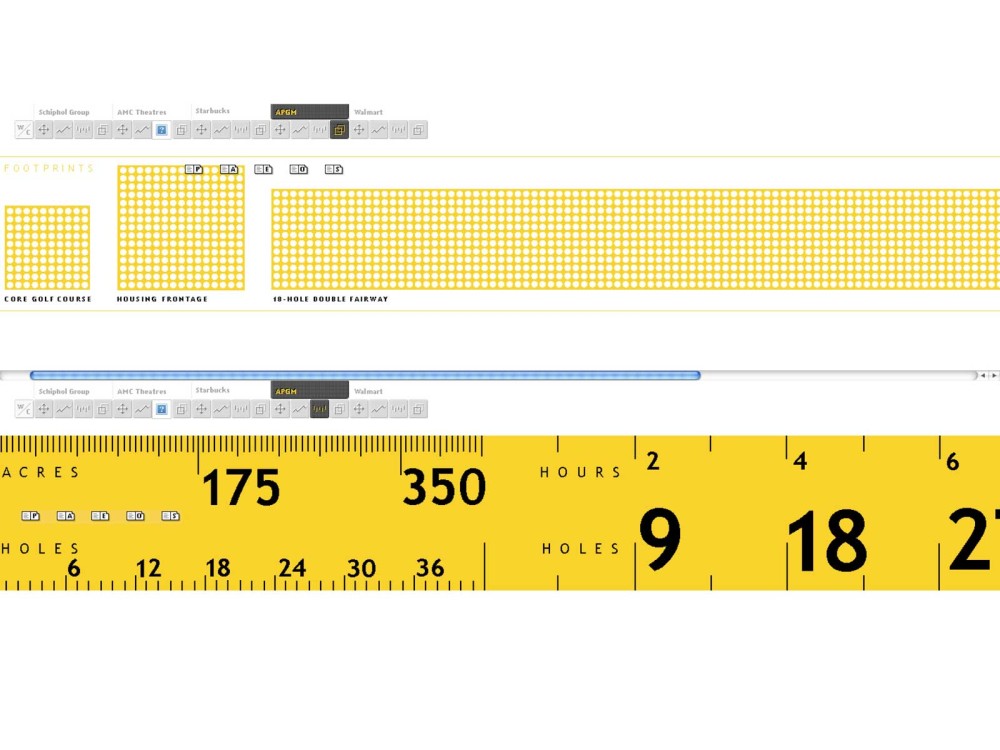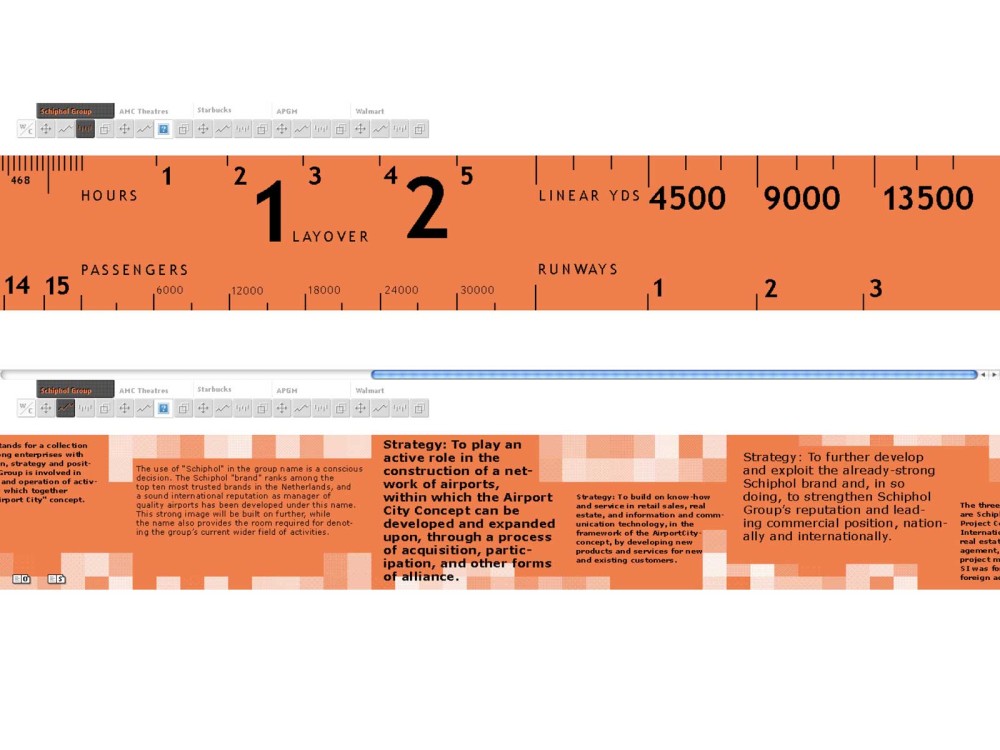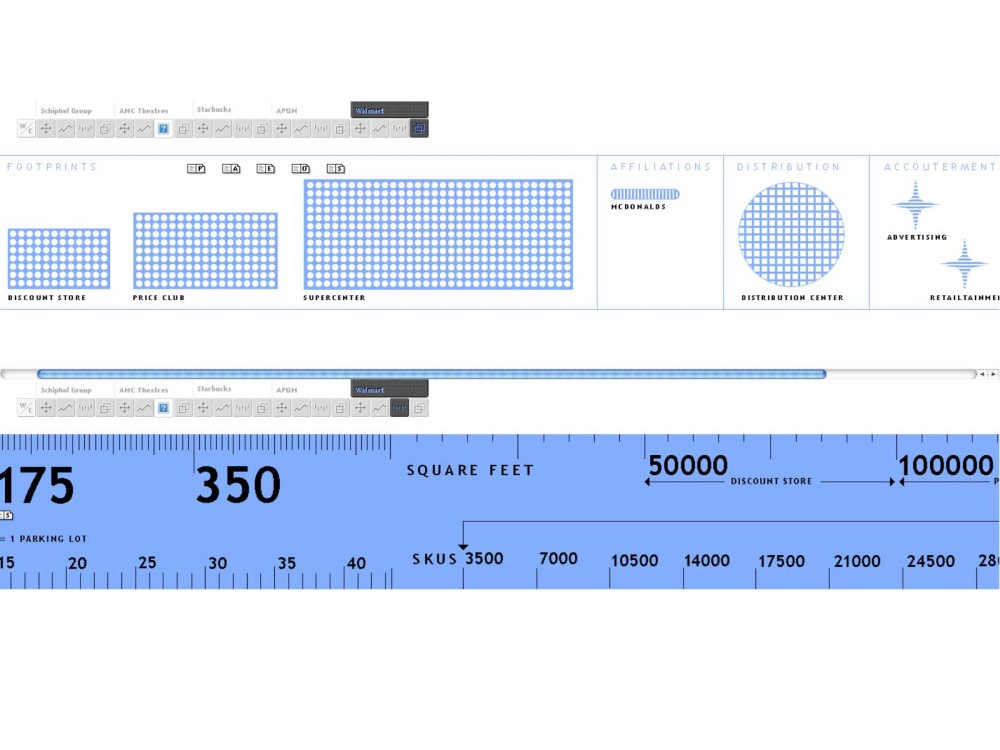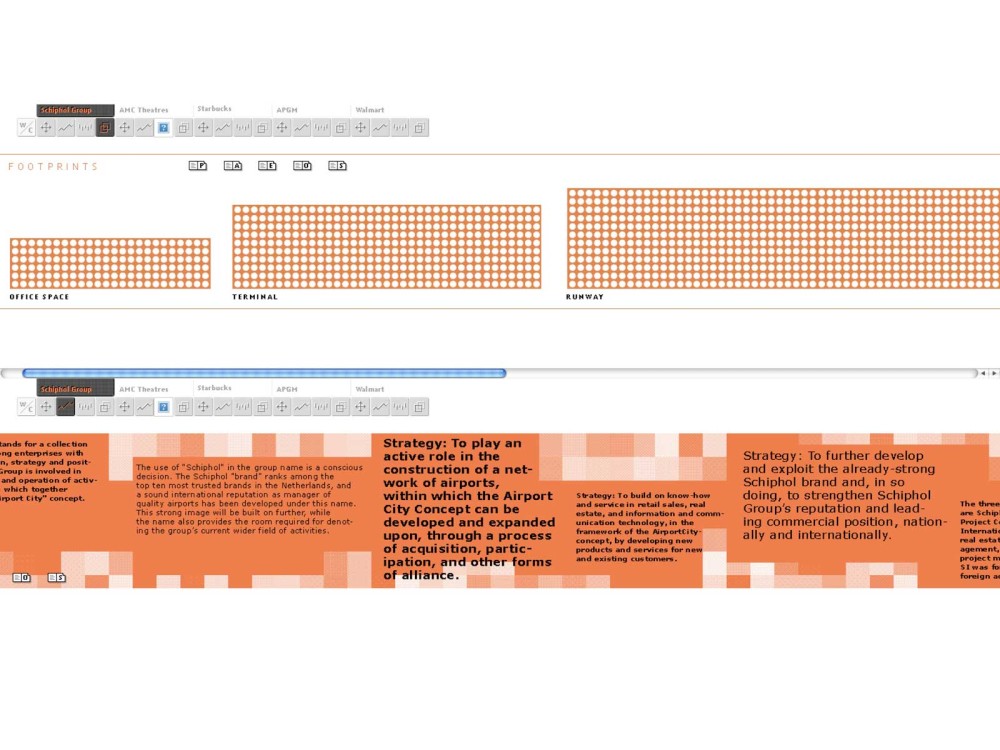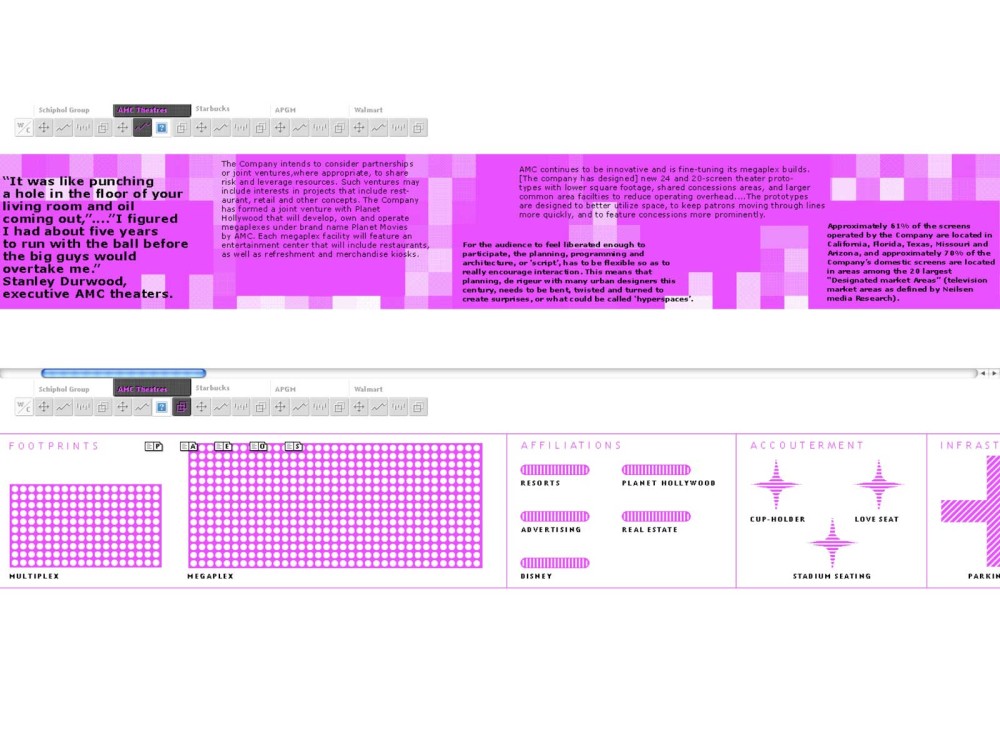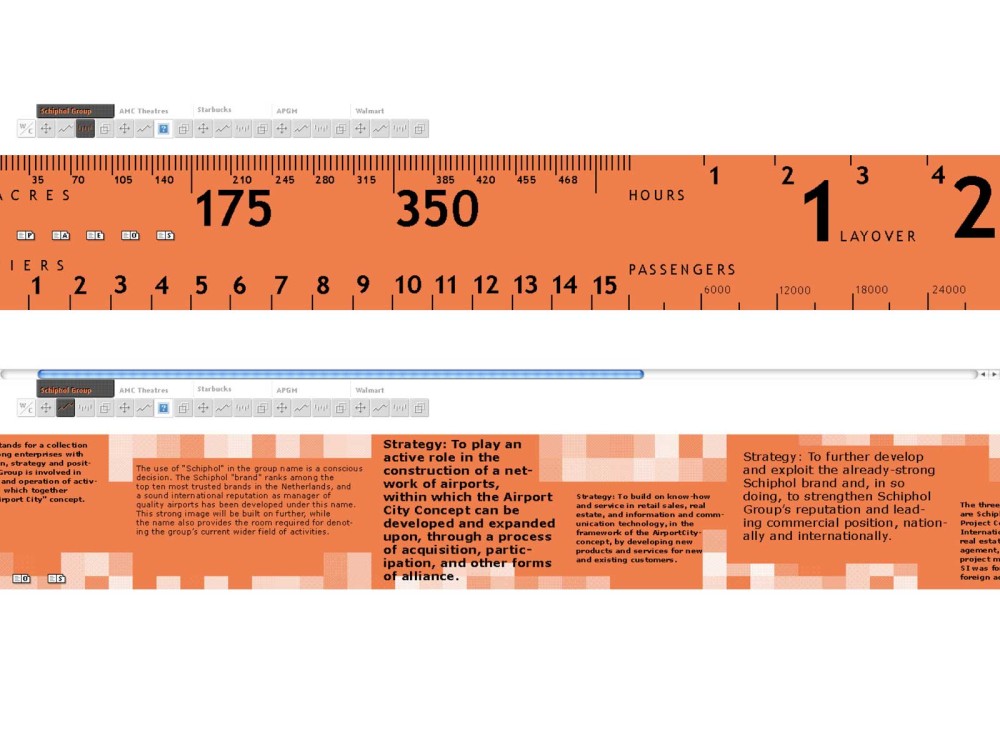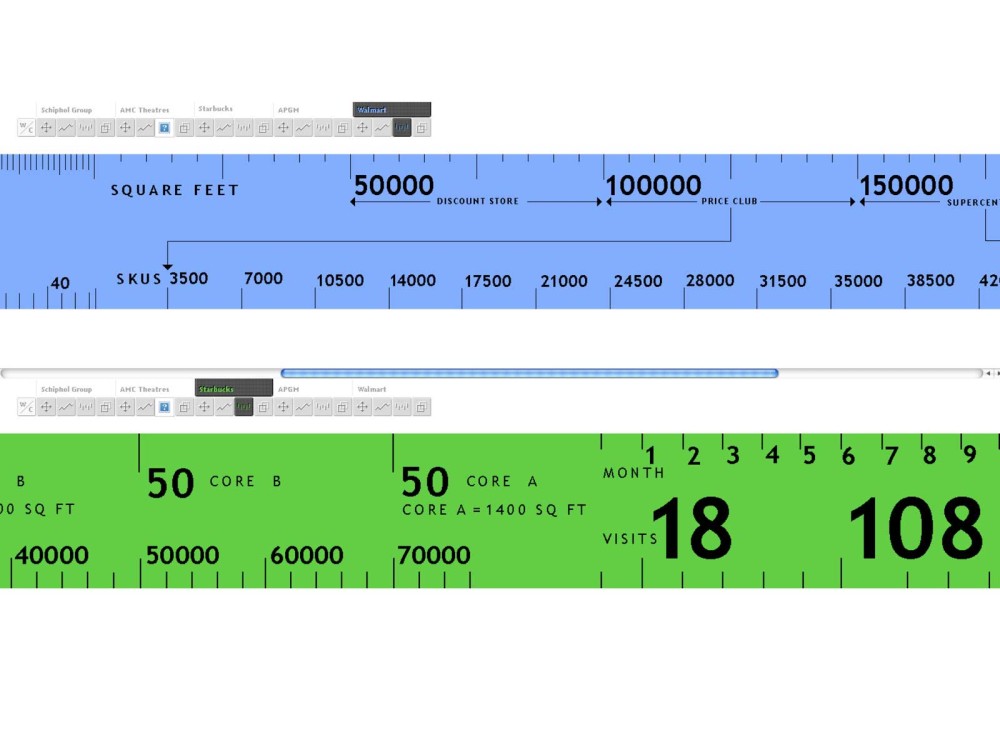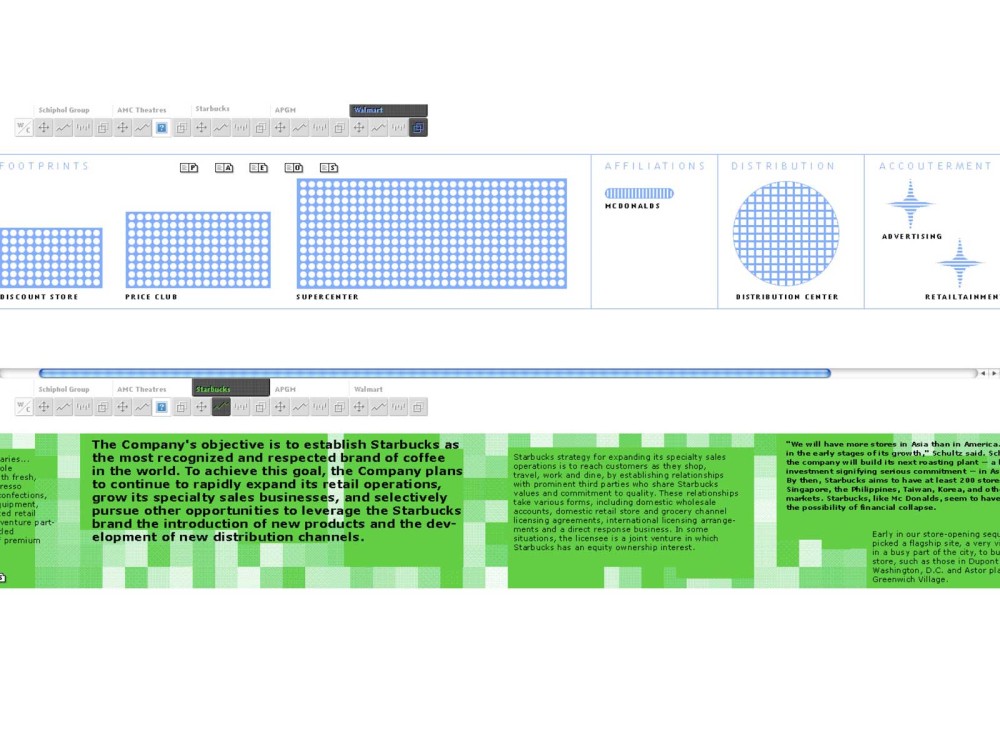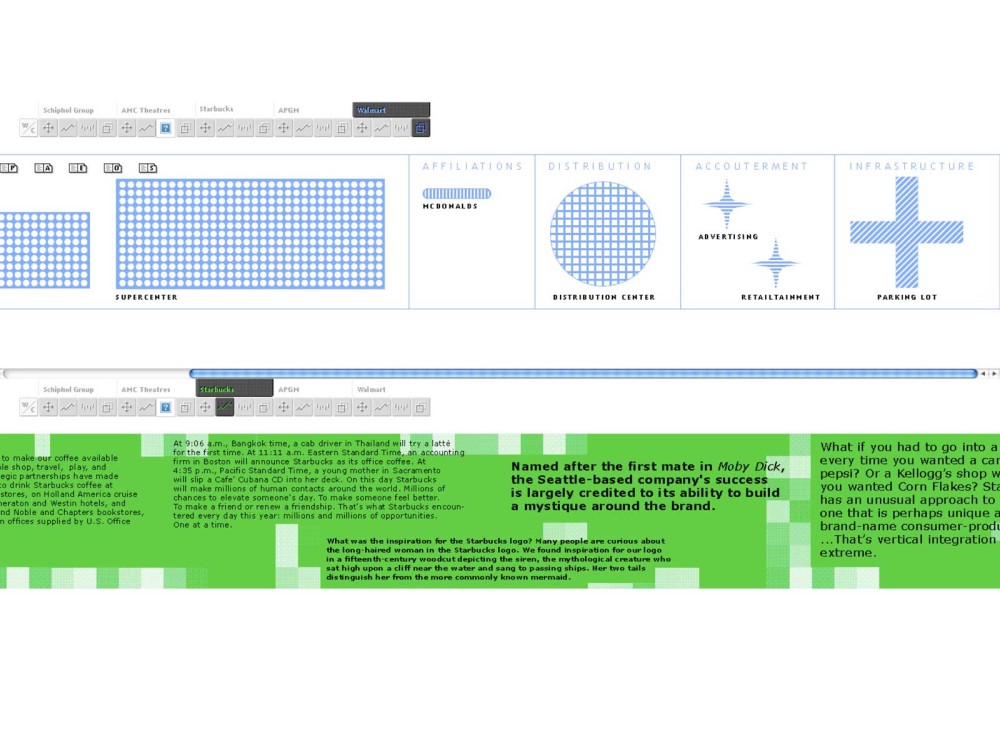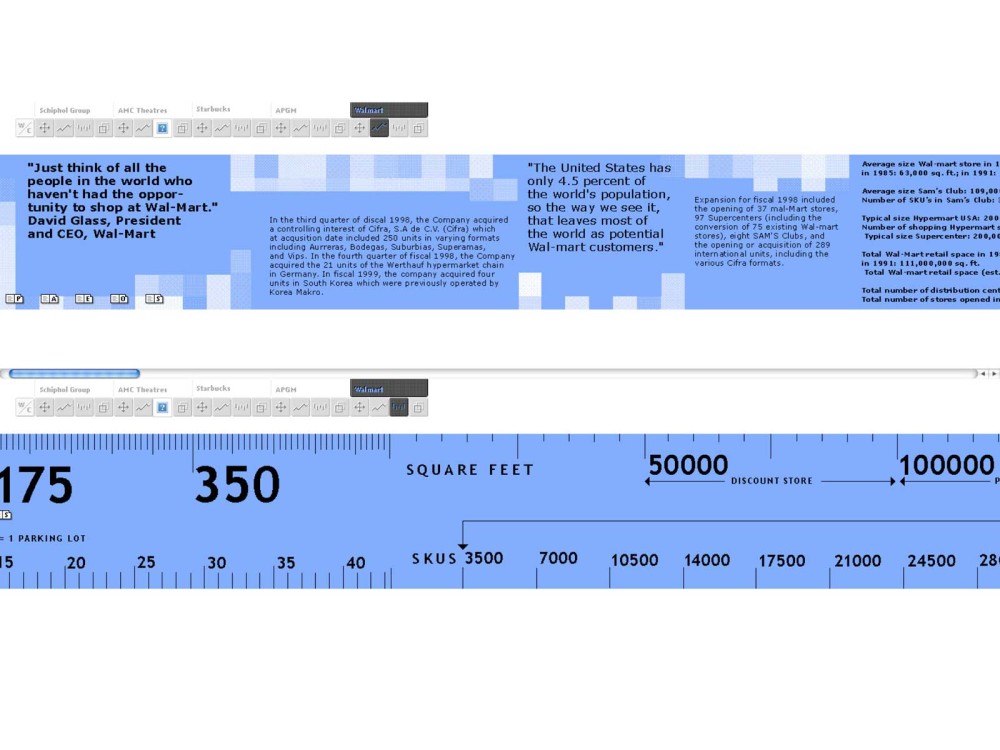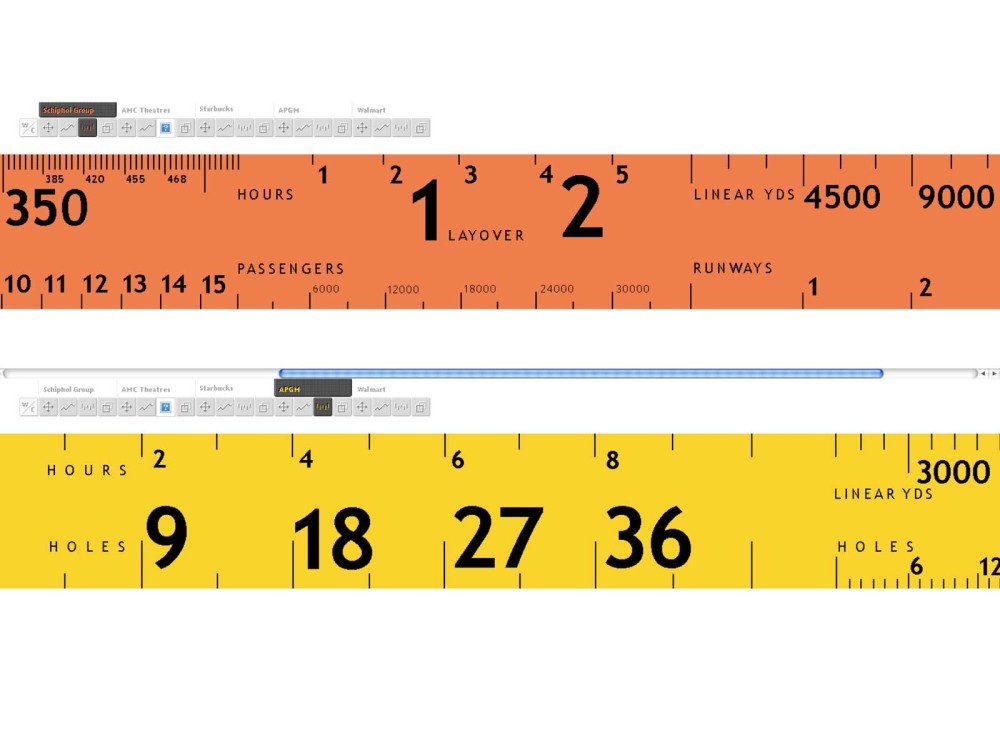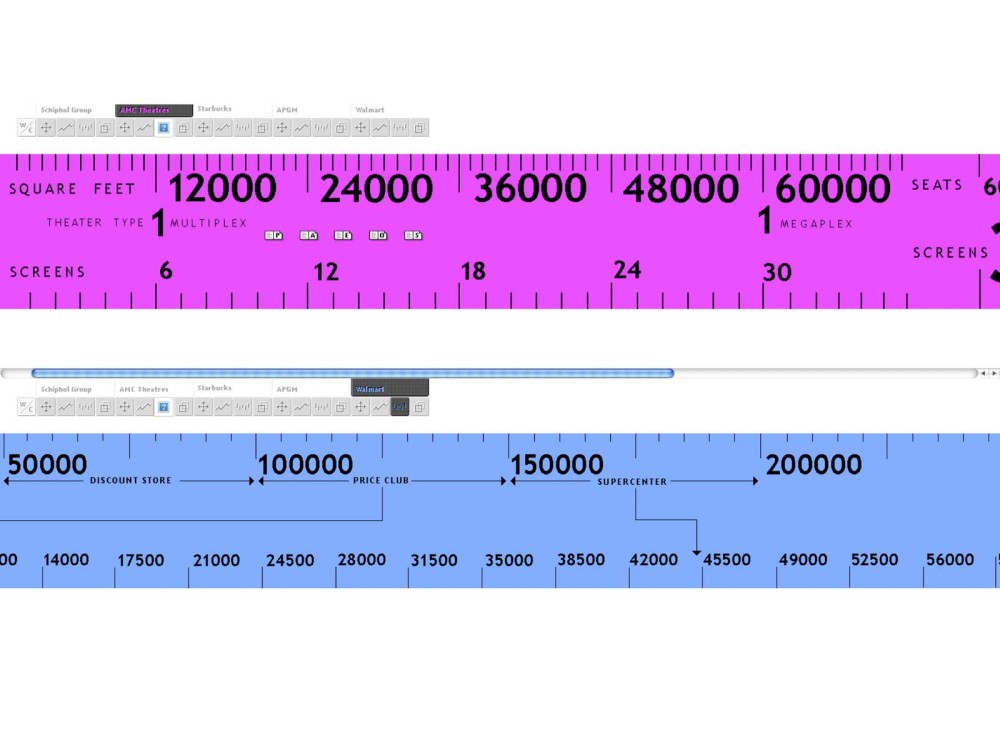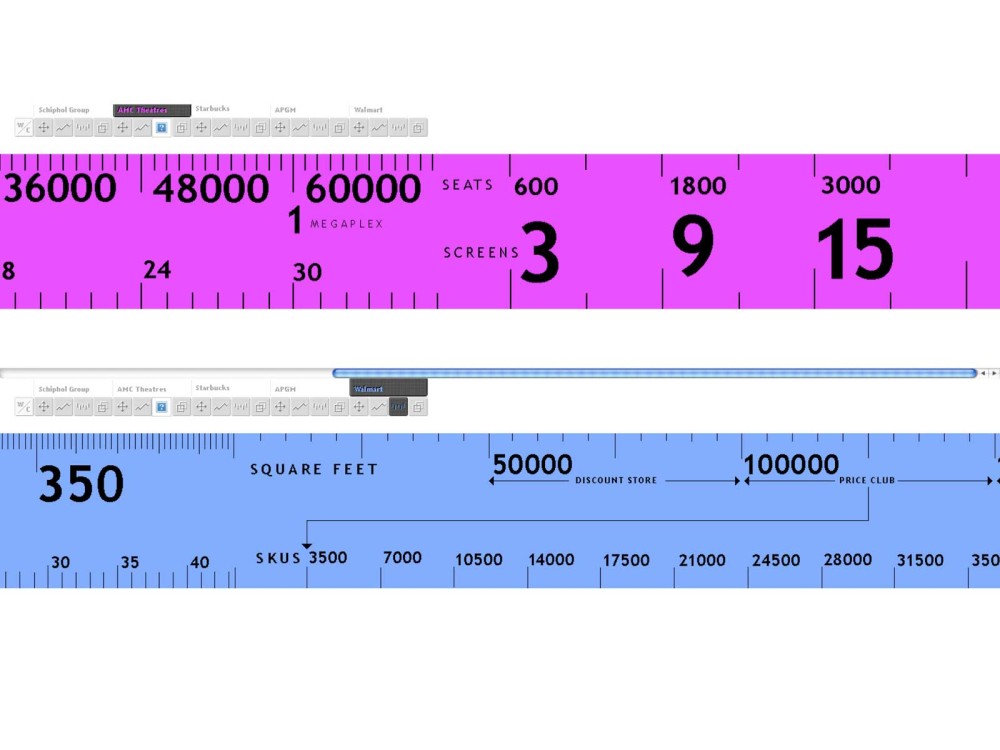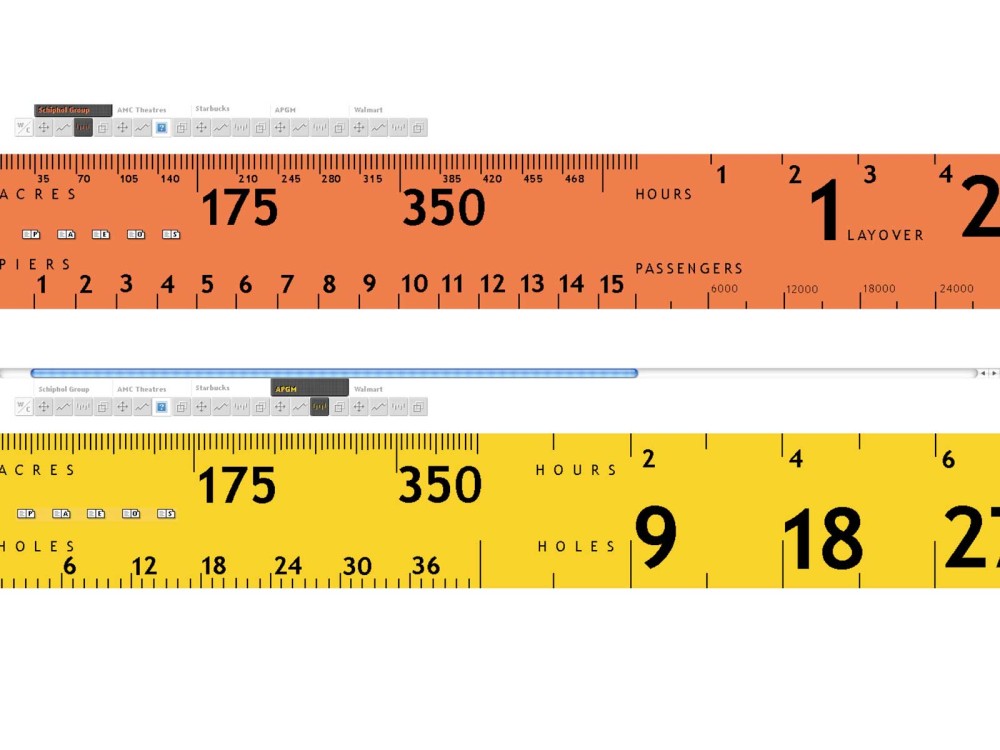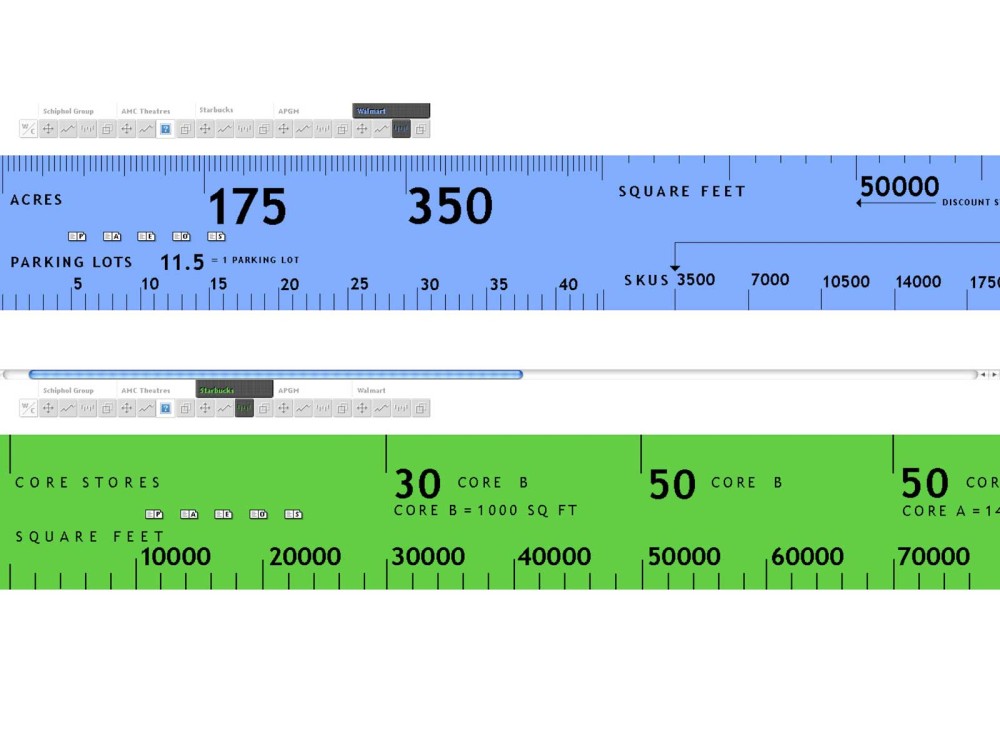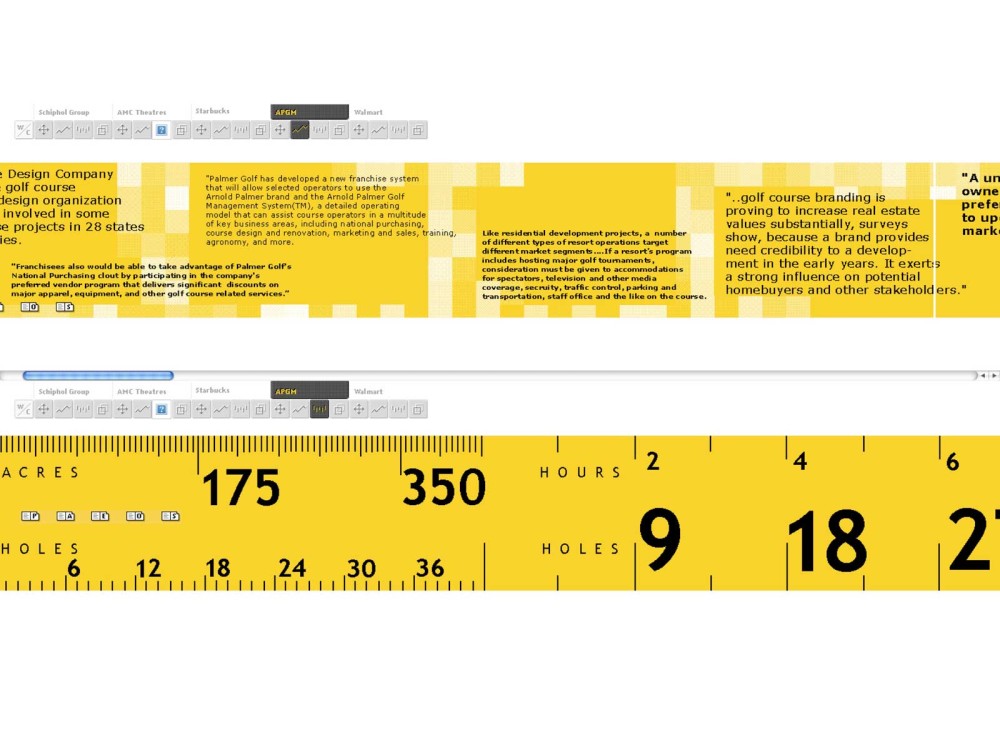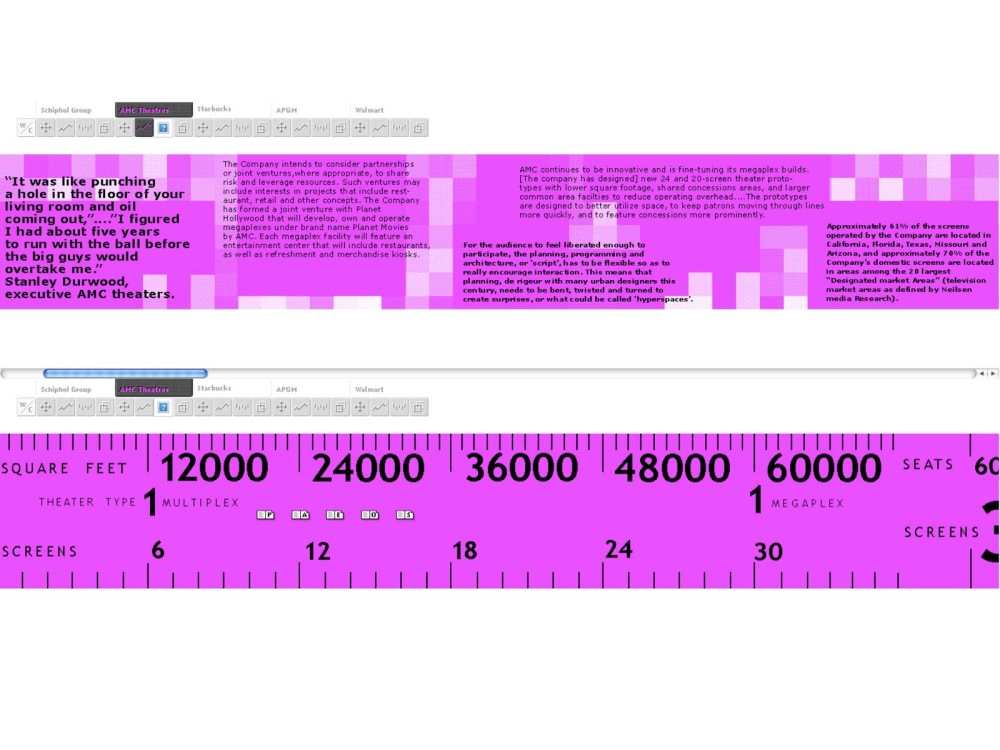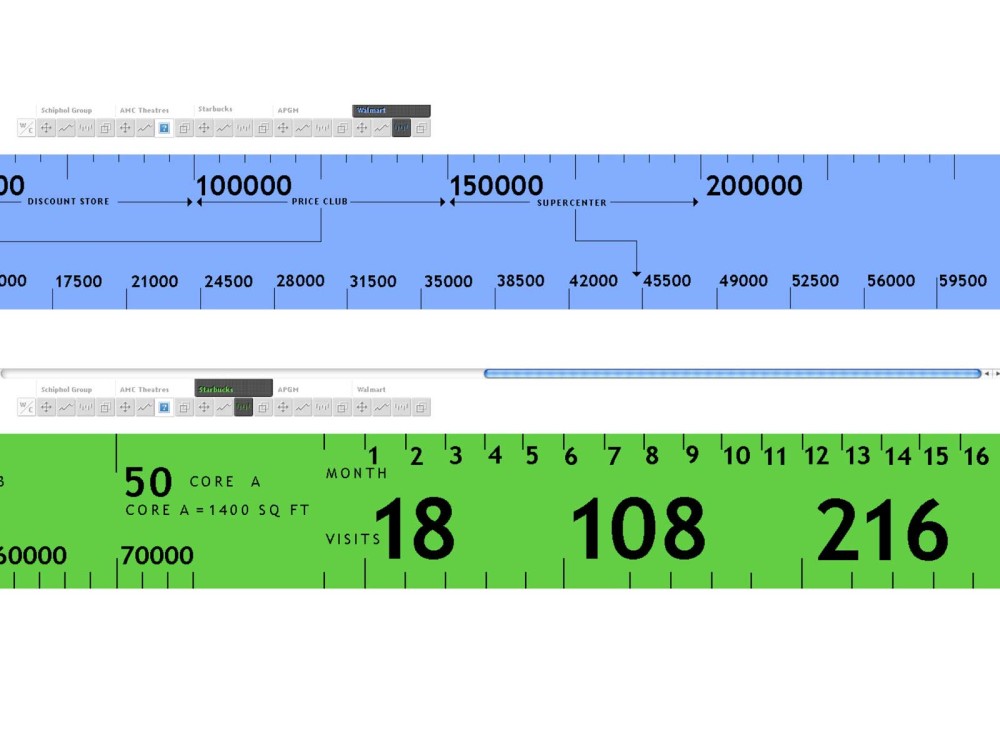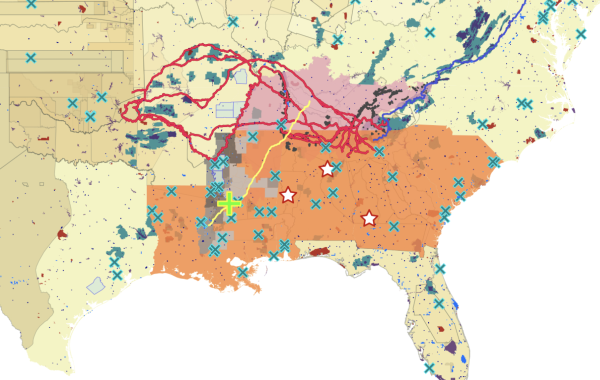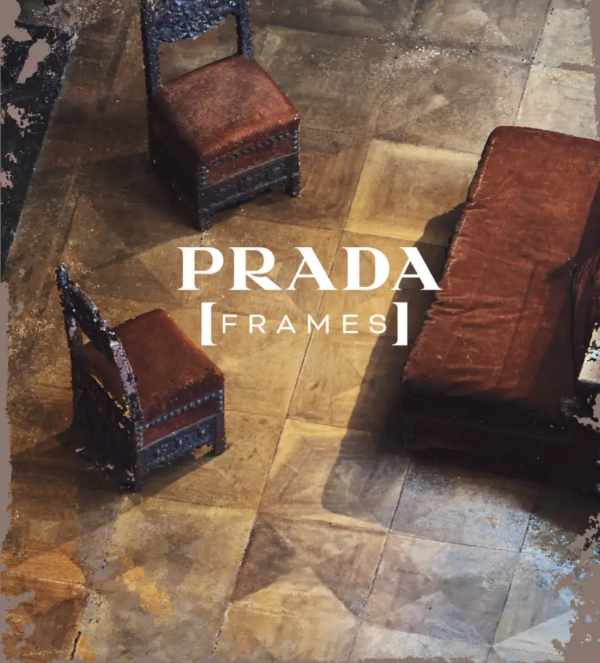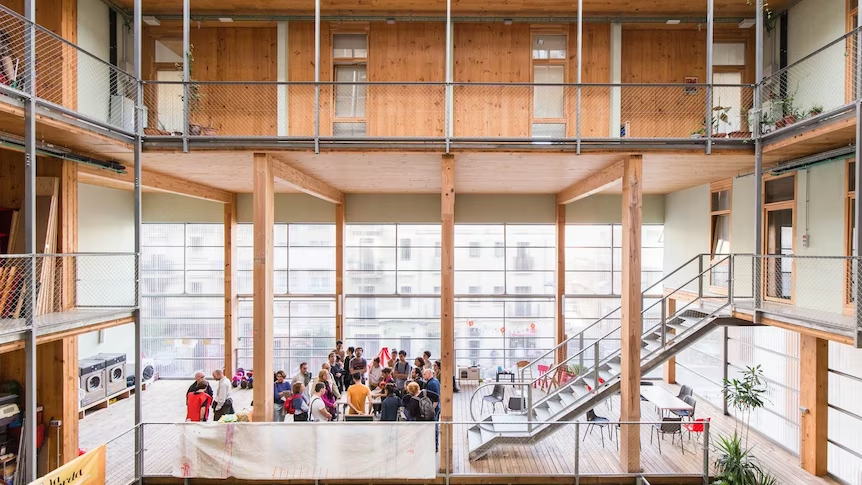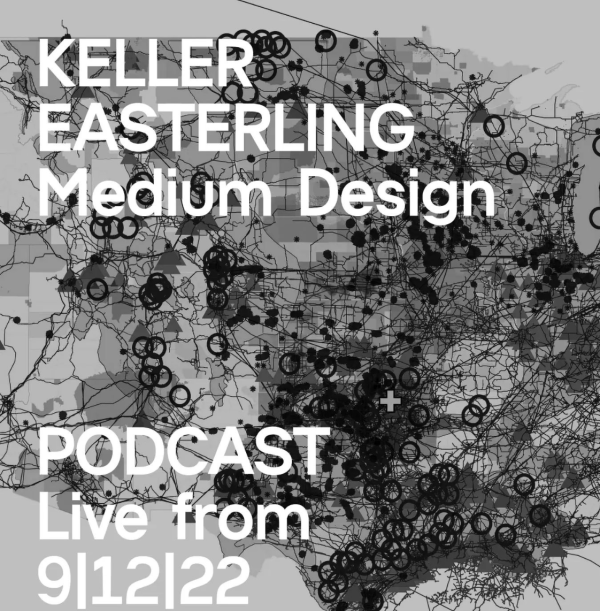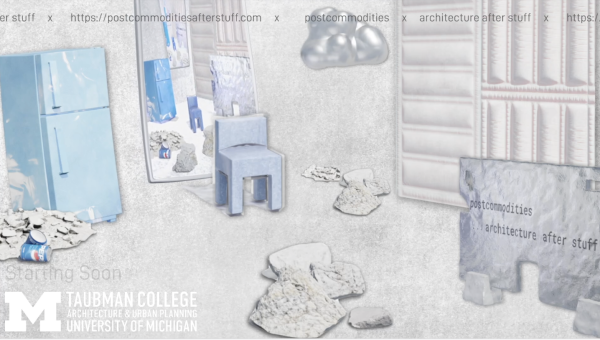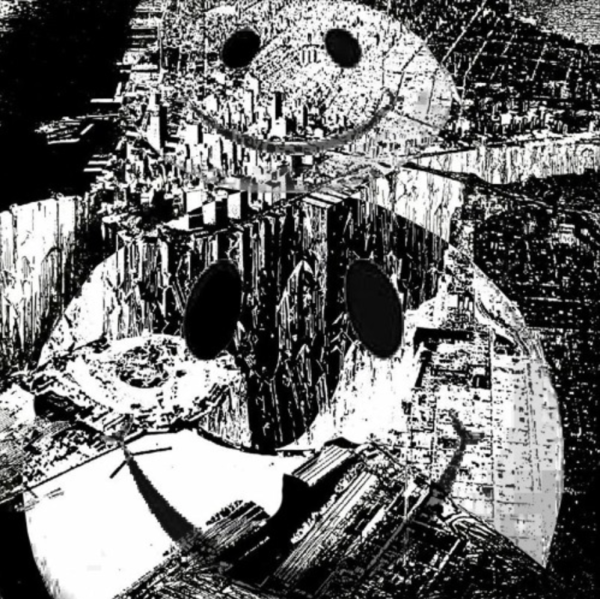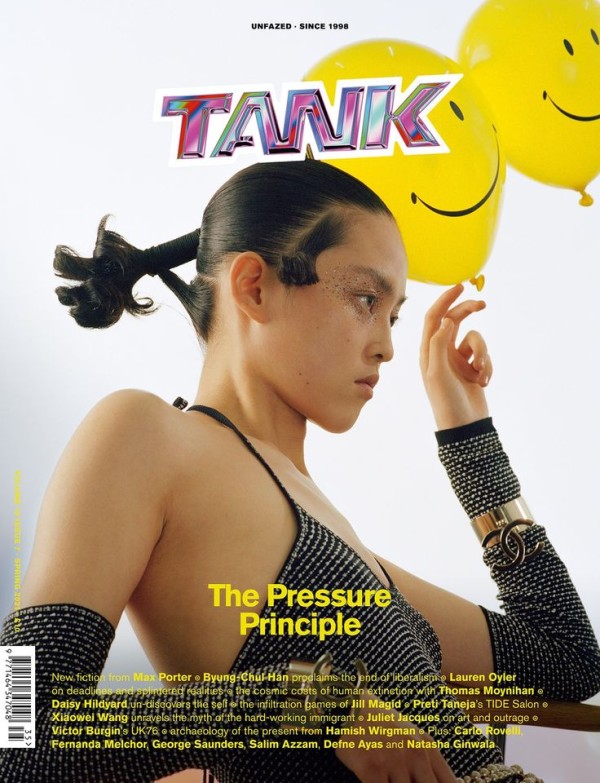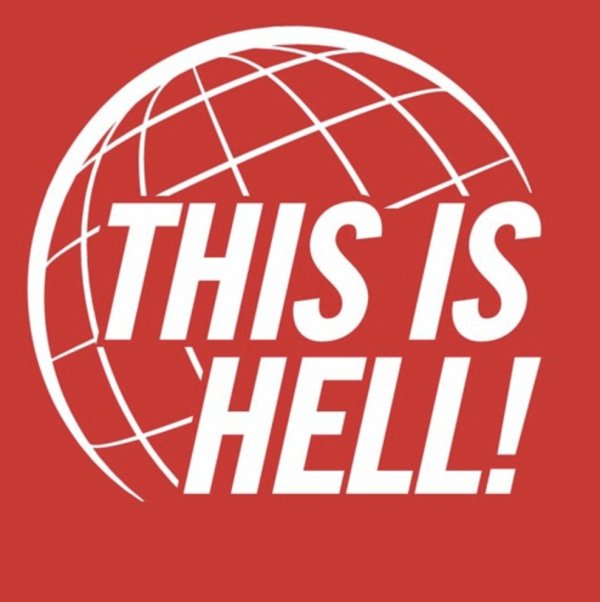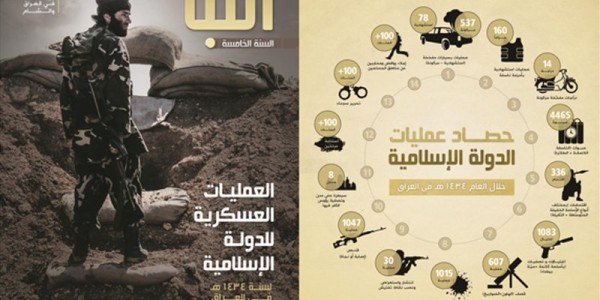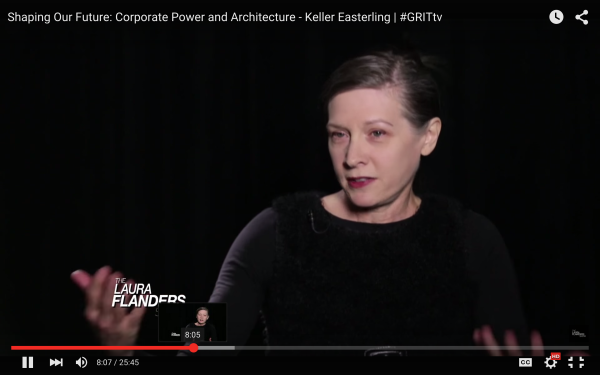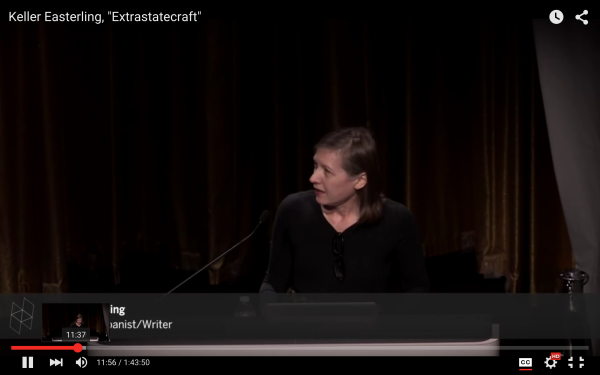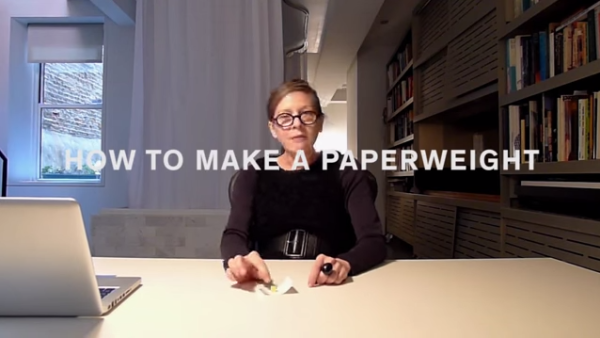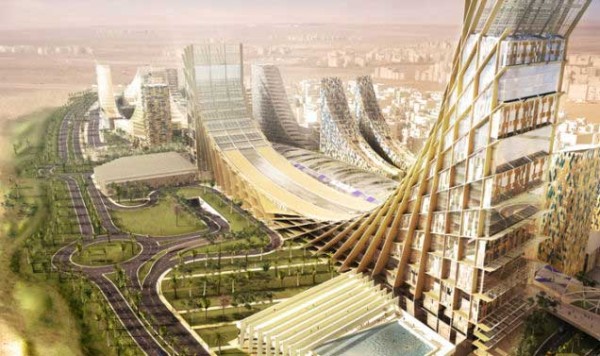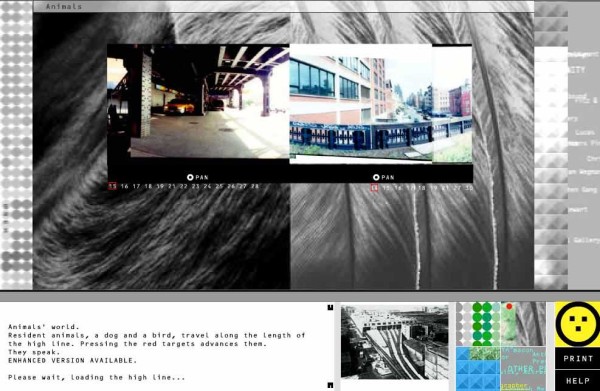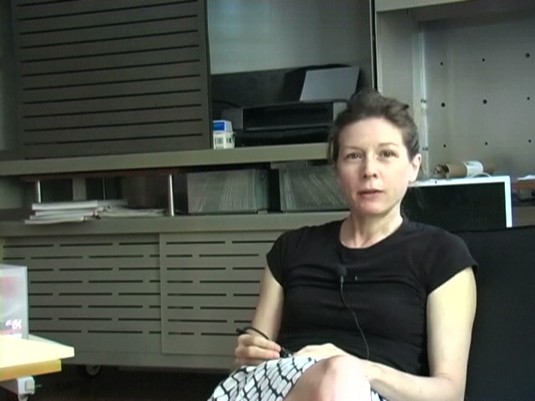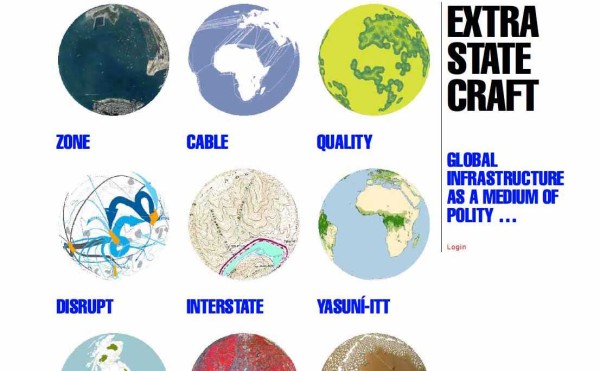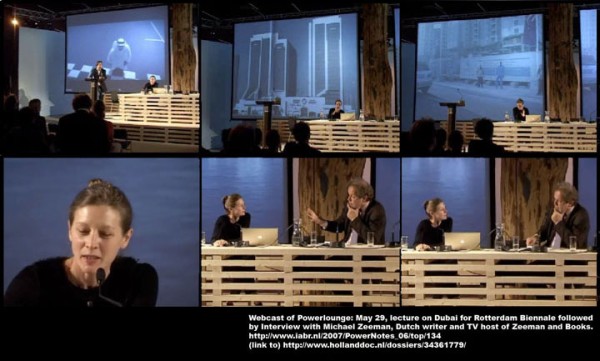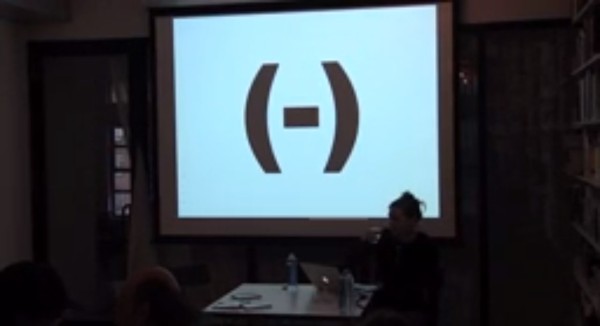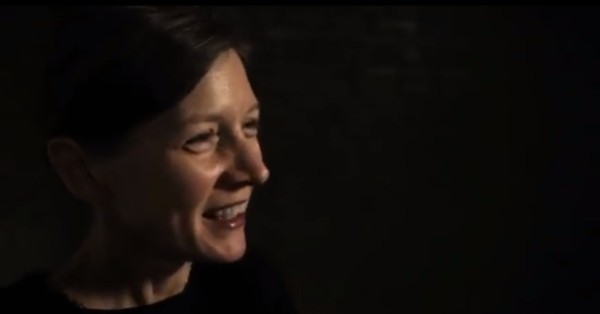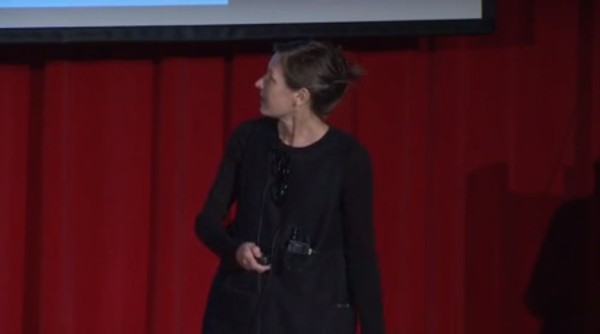“U.S. Style” spatial commodities have become engines of global development and commerce. Wildcards examines a resonant set of commercial organizations (AMC Theaters, Wal-Mart, Schiphol Group, Arnold Palmer Golf and Starbucks) that are exporting “real estate products” like superstores, entertainment centers and superhubs all around the world. Although architects often either lament the pervasive growth of these formats or long to control them aesthetically, this study chooses to index their physical components as well as their critical procedural and temporal dimensions as if these elements were abstracted pieces in a game of chance—a game of Orgman. The game explores the orgman’s precise tools for discovering unconventional sites in the logistical territory of commerce, sites that architects might opportunistically wish to research and occupy. These sites are temporal and procedural and they also often generate their own forms of urbanism. The game is unlikely to absorb planning prescriptions, but it is responsive to the comedies of the marketplace and the design wild cards.
The object of the game is to cross-match components between the companies and the departments in search of sites. Within the four departments of geography, strategy, critical dimensions, and componentry, there are five different kinds of plays: profiling, affiliating, optimizing, expanding and scripting. Like the orgman, the user makes plays between the companies looking for cross-reference, coincidence and details that operate as powerful antigens in the organization.

Will Self-Driving Cars Create Utopian Roadways? Not So Fast 
July 10, 2019
